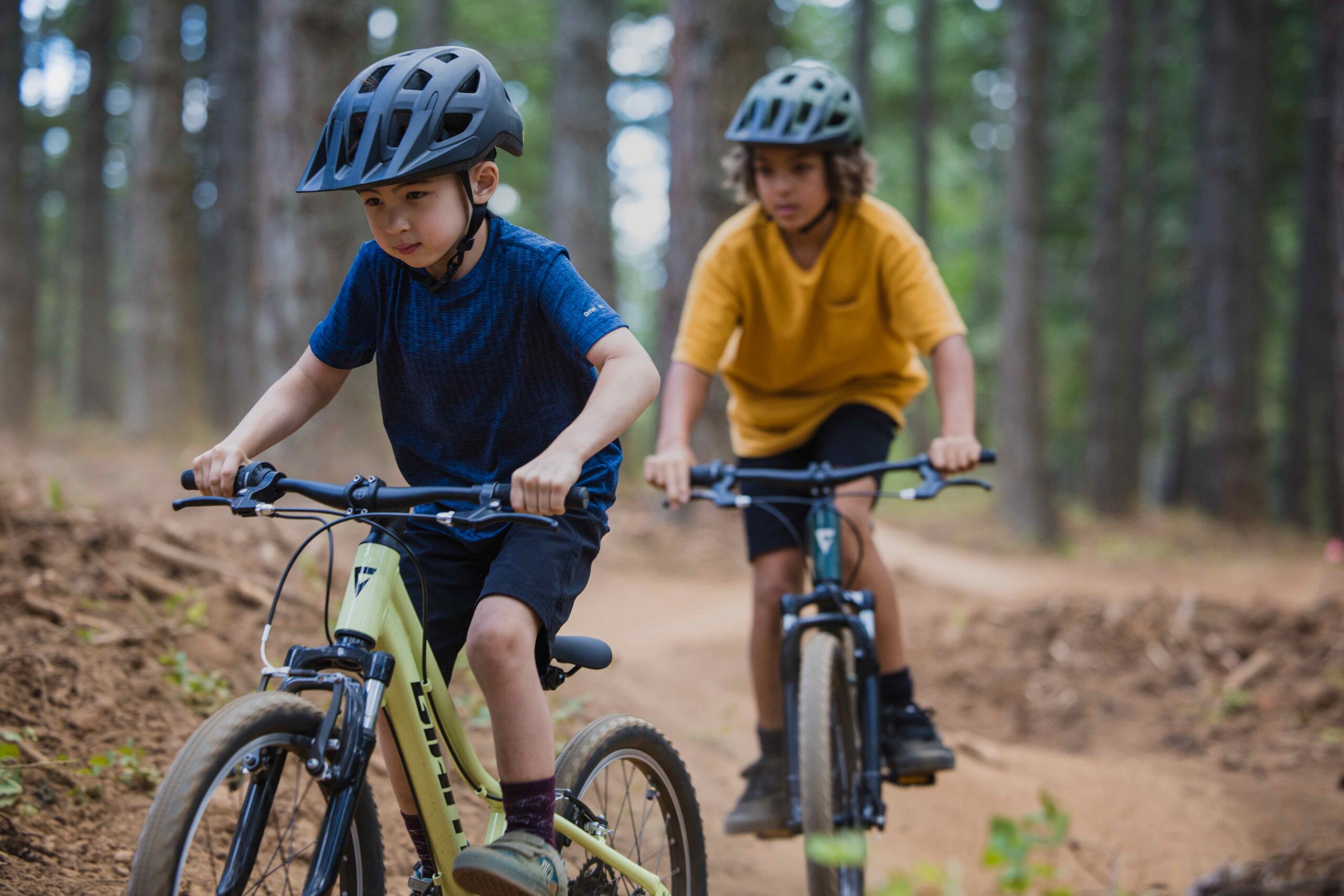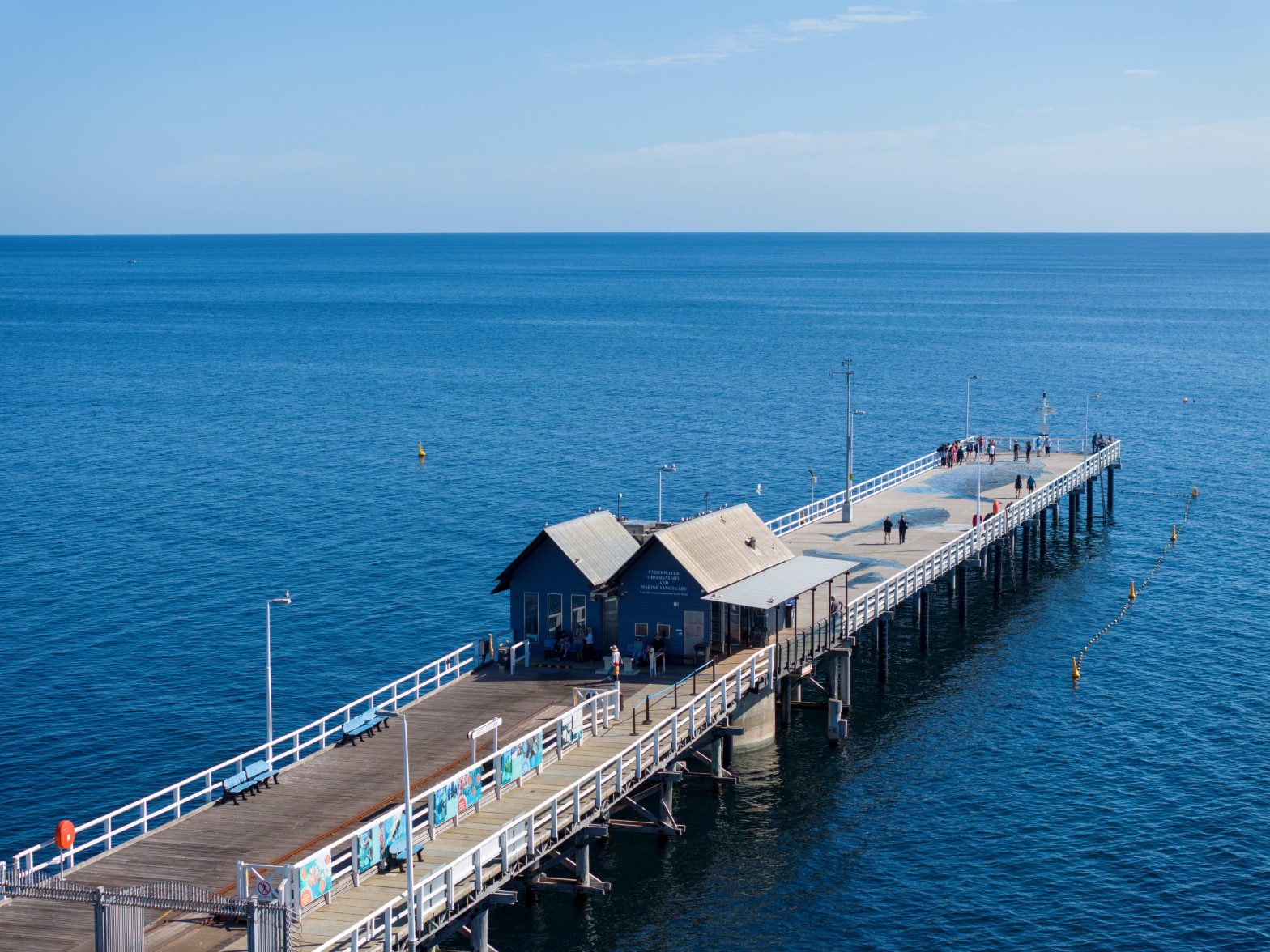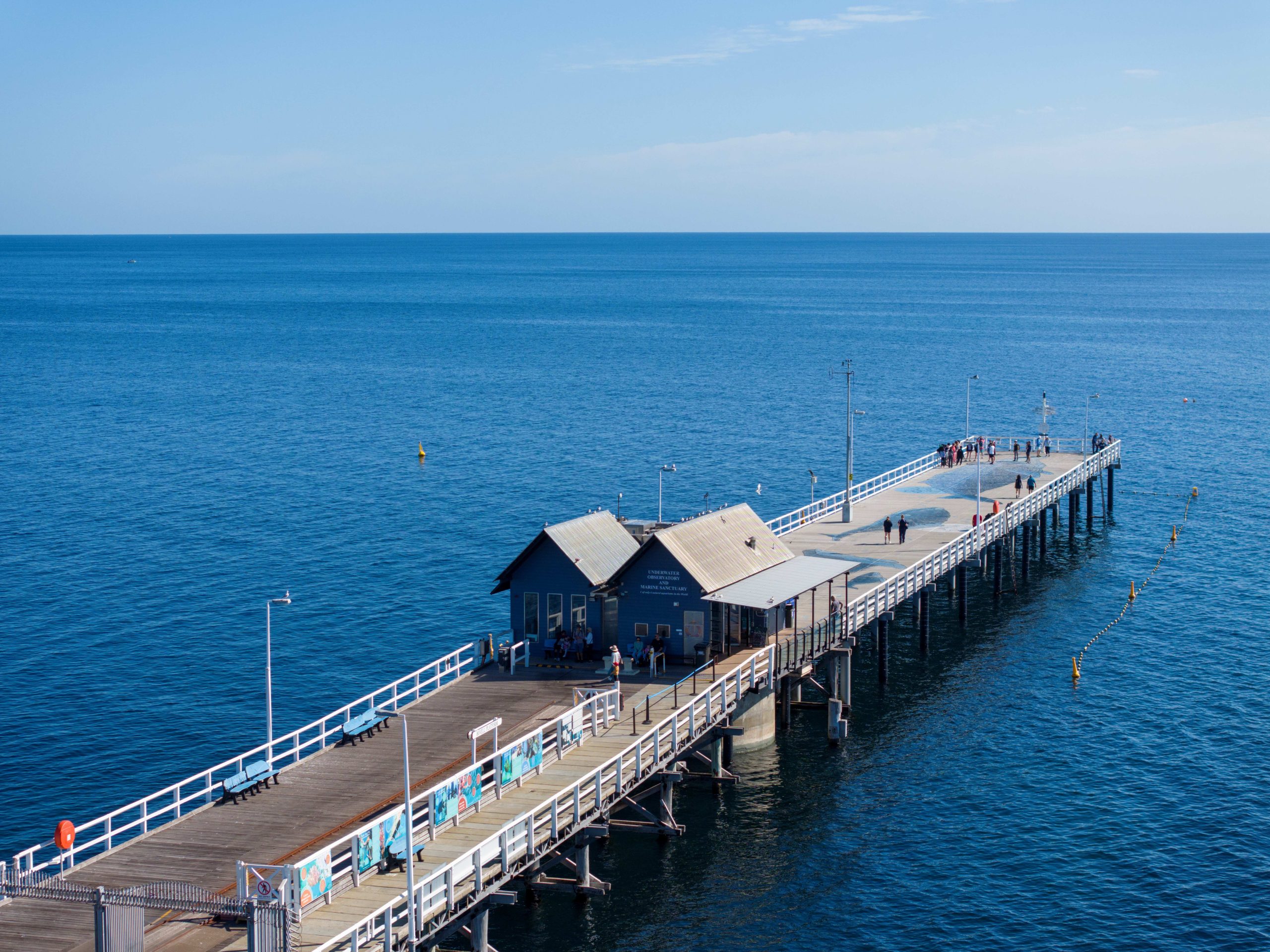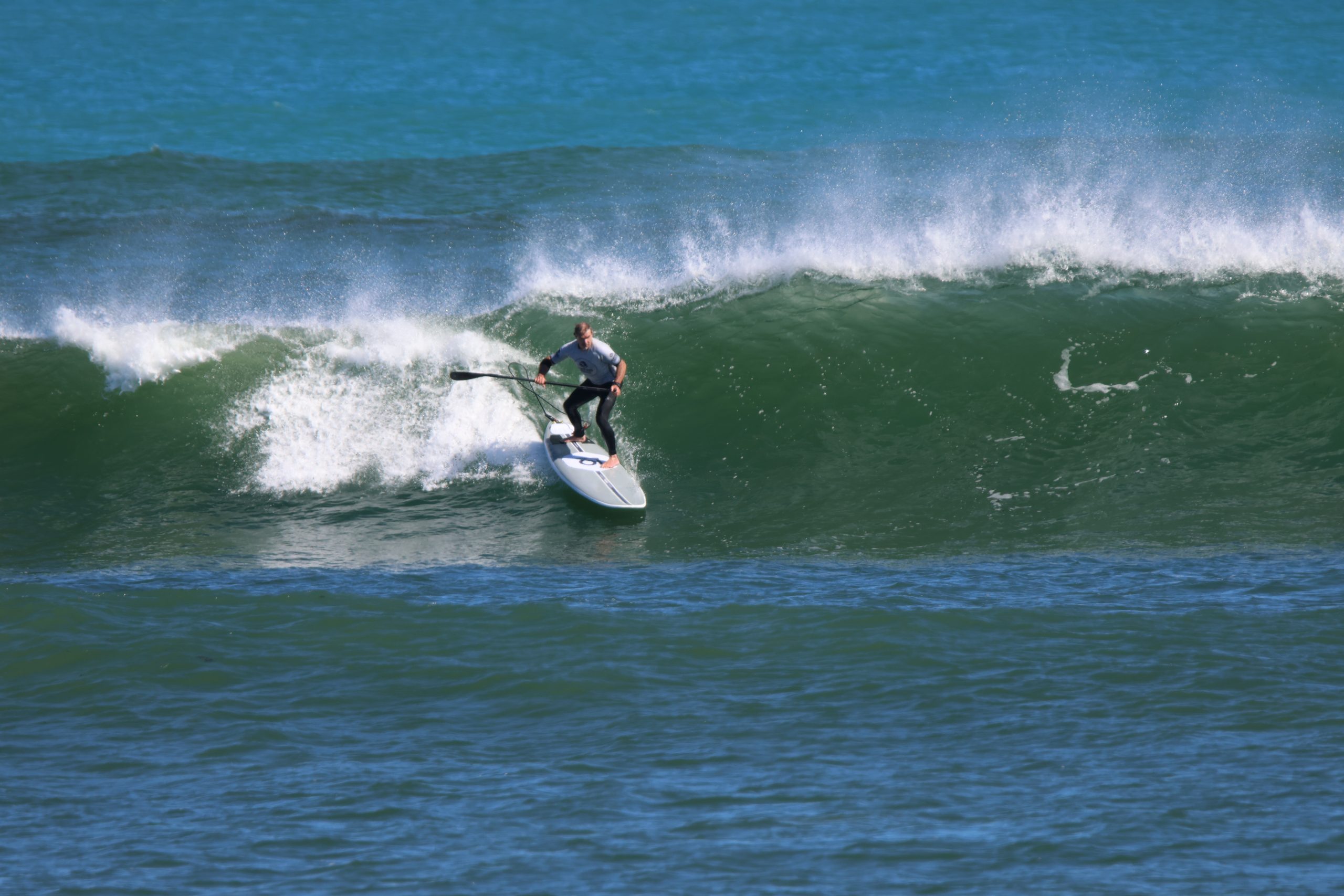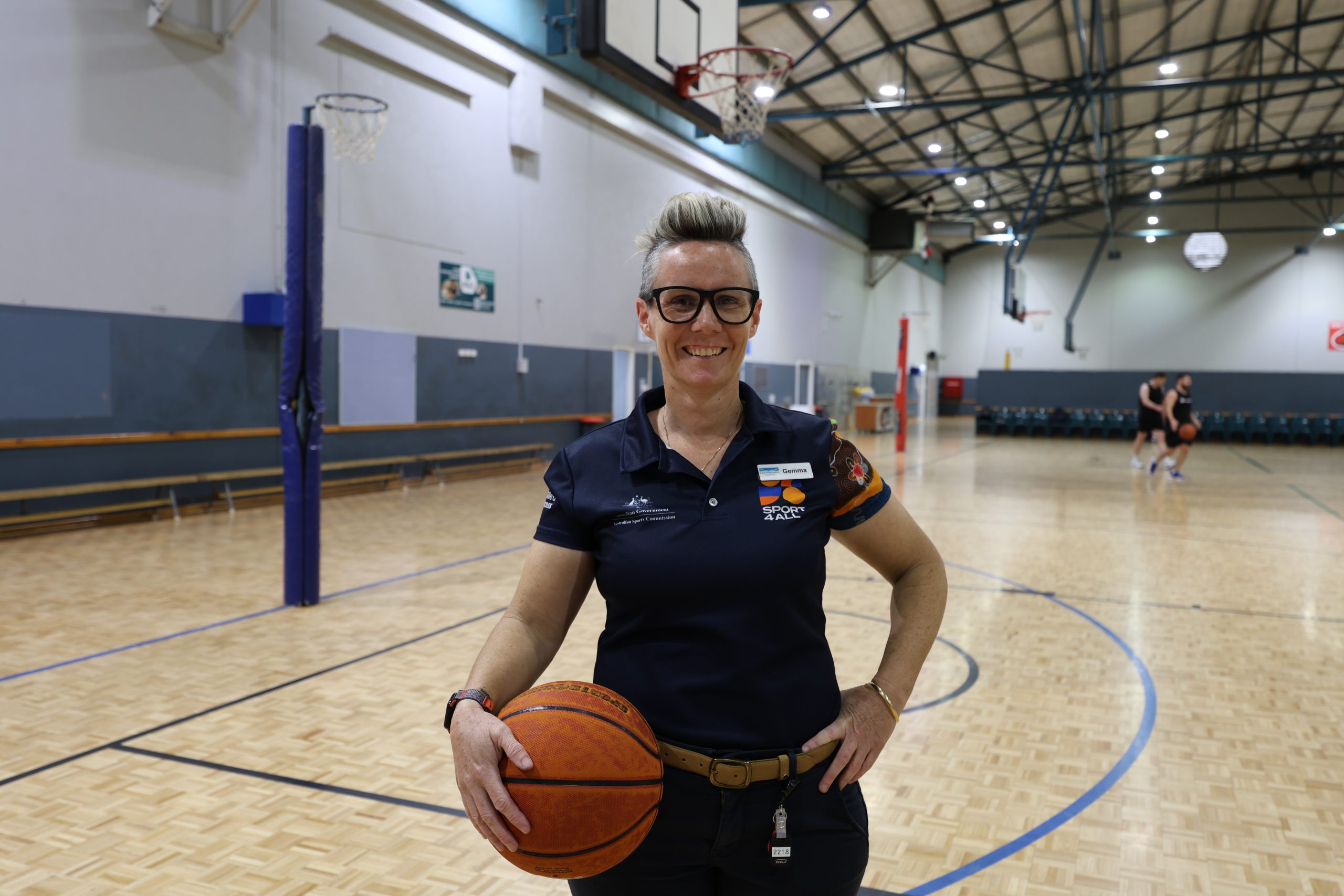Sweet success: Locals fight to protect karri forest
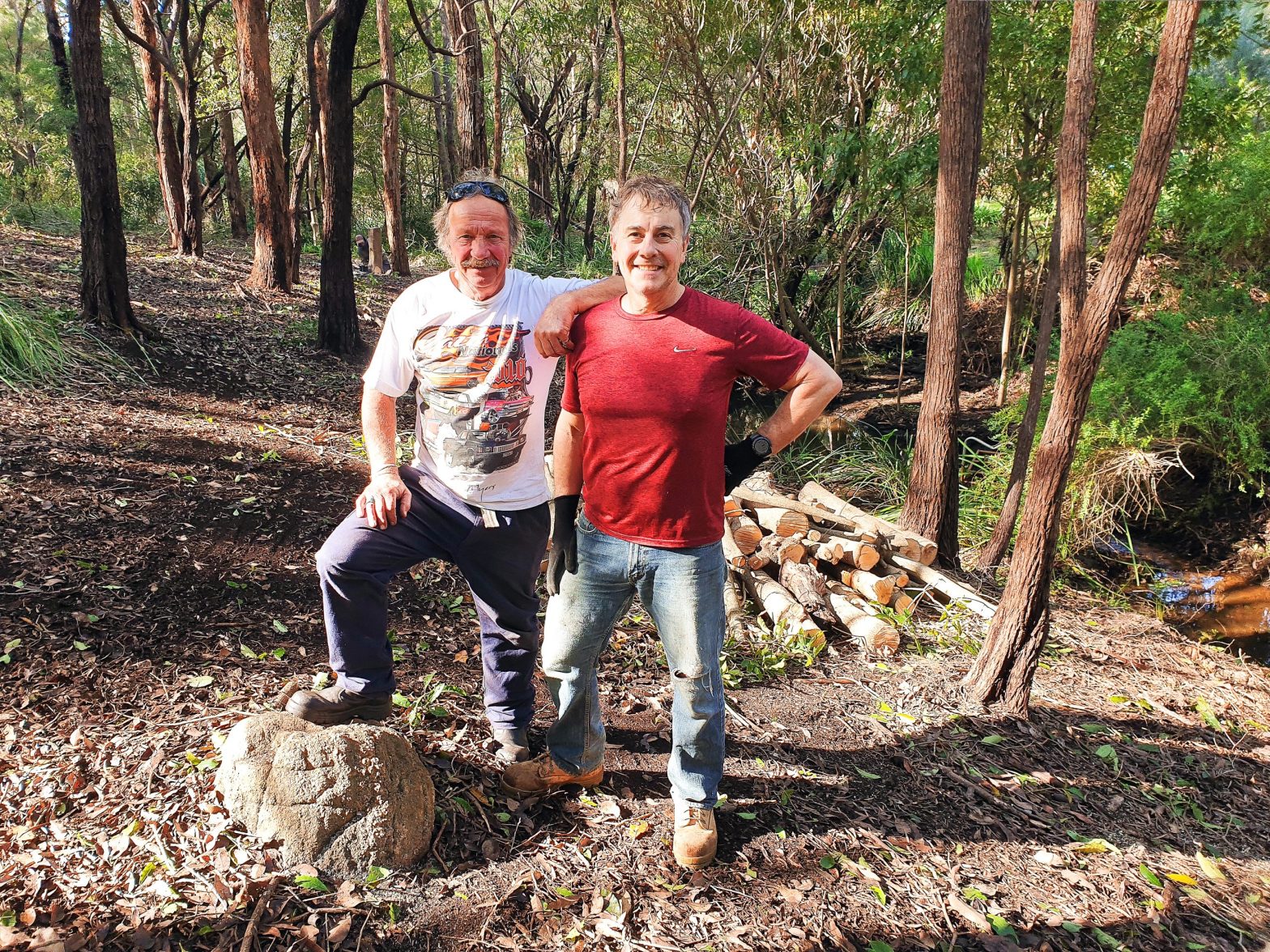
Local residents Bruno Hangartner (left) and Nick Cernotta hard at work controlling Sweet Pittosporum near Valley Road in Margaret River. Picture: NCMRR
An 18-month campaign fighting the invasive weed tree Sweet Pittosporum – which threatens our iconic karri forest – has been a success with hundreds of the weedy trees removed across the region.
Nature Conservation Margaret River Region was behind the initiative, which also raised community awareness through a series of workshops and encouraged landowners to control Sweet Pittosporum in their own gardens and backyards, stopping the spread of seeds into bushland and national parks.
“Sweet Pittosporum is native to eastern Australia but here in the South-West, it’s out of place and is very harmful because it’s faster growing than our native trees and outcompetes them,” Nature Conservation’s biodiversity officer Mike Griffiths said.
“At first it takes over the understory but then shades out the upper story as the plants grow taller. Left unchecked, it threatens to totally degrade our forests because young karri seedlings can’t compete.”
The tree has smooth grey bark and glossy green leaves similar to bay leaves, often with wavy margins.
Its sweet-smelling white flowers occur in spring and put the “sweet” into its name; flowers are followed by orange grape-sized fruit containing seed that are eaten and spread by birds over long distances.
Mike said the Sweet Pittosporum campaign had benefitted from support from partners including the Shire of Augusta Margaret River, City of Busselton and Department of Biodiversity, Conservation and Attractions (DBCA).
“As well as lots of hard work removing Sweet Pittosporum, we’ve had huge interest from people who attended our workshops where the learnt how to identify, remove and control it,” he said.
“By coming along, people also learned more about the threats to our forests and reserves, and how they can help. We’re really encouraging everyone to stay vigilant when it comes to Sweet Pittosporum, as well as some of our other woody weeds.”
Nature Conservation is poised to launch a new woody weeds campaign, which includes workshops and funding for landholders to target Sweet Pittosporum as well as other invasive shrubs and trees such Victorian teatree, olives and, at the top of the list, eastern states wattles like Flinders Range Wattle and Sydney Golden wattles.
“Stay tuned for more details on the new campaign which is going to be exciting and make a big difference to our local bush and biodiversity,” Mike said.












